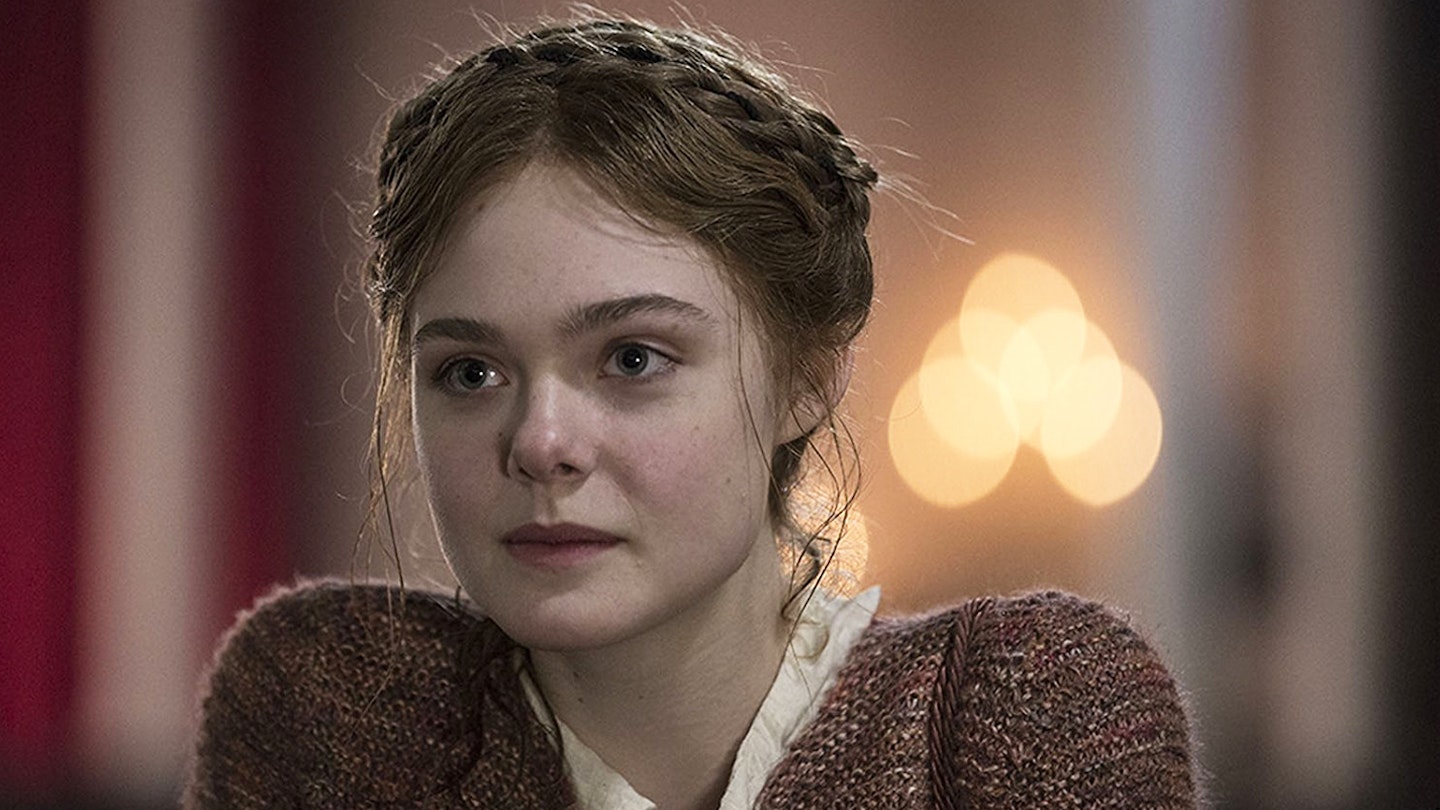In 1818 Mary Wollstonecraft Godwin published Frankenstein, Or The Modern Prometheus, a book that remains one of the world’s best-known stories, created an icon of the horror genre and which, it has been argued, was the first true science-fiction novel. If that’s not impressive enough, she was only 21 and (although the book was initially published anonymously) refused to use a male pseudonym. How that happened is a surely story worth telling, and Saudi Arabian director Haifaa Al-Mansour (Wadjda) has chosen it as her first English-language movie, with first-time screenwriter Emma Jensen finding their way in via the scandalous romance Mary had with the poet Percy Bysshe Shelley.
It does at times feel like we’re merely being pushed from signpost to signpost.
What that unfortunately means is that the story of a thoroughly unconventional creative accomplishment becomes a very conventional romantic drama, hitting all the expected beats (they meet, they fall in love, they defy their elders, they face obstacles), while labouring its points with often clunky on-the-nose dialogue. “Find your own voice,” Mary’s father (Stephen Dillane) advises her; “soon Mary will produce a work that will surpass all of us,” her lover Percy (Booth) announces early on; “is that really possible? That the dead could come back to life?” Mary (Fanning) asks at one point. It does at times feel like we’re merely being pushed from signpost to signpost.
Thankfully, Fanning proves astute casting and her impeccable blend of apparent fragility and iron-cored defiance dominates the film — as it should. Despite the distraction of Tom Sturridge as an overly ‘toxic toff’ caricatured Lord Byron, the movie becomes more interesting when it shifts focus from Mary’s emotional tussles with Percy (Fanning and Booth don’t connect particularly well on-screen) and a certain fictional, death-defying doctor comes into her mind’s eye. Although, once her Frankenstein has finally been published, Al-Mansour decides to go out on a truly odd note, providing a weirdly ill-judged climax that bizarrely muffles Mary’s ultimate triumph.

